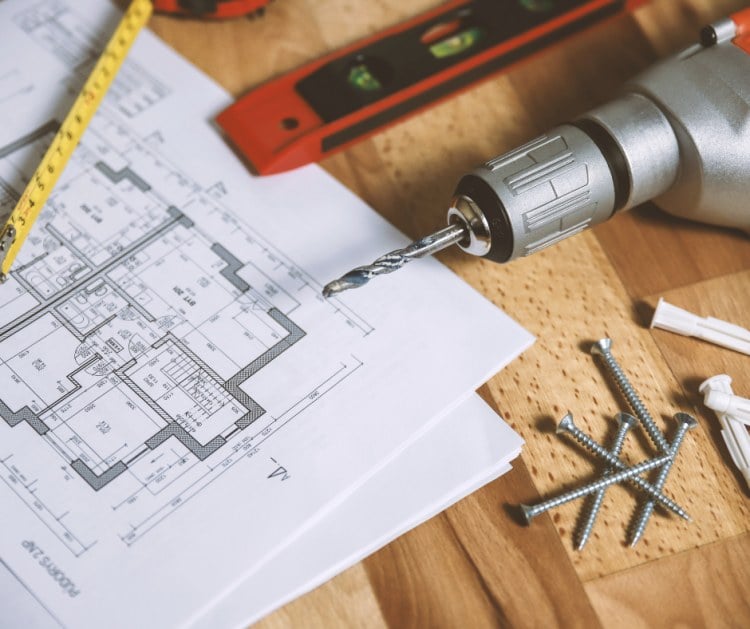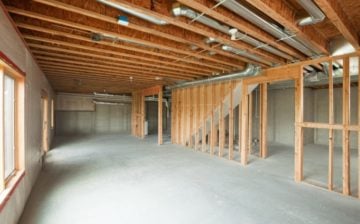
Renovating your house is a good way to increase your home’s resale value and make it meet your design needs. However, can you do a DIY renovation for your home without hiring a contractor?
Read on to discover the considerations when renovating your home and how to mitigate various challenges you may encounter. Writemyessay.today is a go-to resource to help you keep abreast with academics as you explore personal projects.
DIY Home Renovation
As a homeowner, you have the right to renovate your own house. Besides avoiding the seemingly unending calls to your contractor, DIY home renovation allows you to fine-tune each detail to meet your specific design needs.
Additionally, DIY home remodeling is cheaper, as you cut the cost of hiring an agency or contractor for the task. When approaching home renovation, you may also opt to engage a contractor to guide you on the significant remodeling milestones and personally oversee various construction tasks.
However, DIY home renovation calls for honestly assessing your capabilities and the will to engage experts in fields where your knowledge is limited. Depending on your area, you may be required to fill out a form indicating the license information of all sub-contractors you intend to engage.
Tips For Successful DIY Home Renovation
There are many factors to consider during a home renovation. As such, you should not allow yourself to be consumed by the thrill of selecting new paints and furniture.
Among the things to consider when planning for home renovation include:
1. Setting Specific Goals
Are you renovating your house to fit your desires or to improve its resale value? When renovating for personal reasons, you may splurge on the items that appeal to you most and base your design on your home’s function.
However, when remodeling your house for resale, you should limit your purchases to economical upgrades that meet the demands of the real estate market. As such, it is essential to avoid materials that may blow the price of your home out of proportion and put off potential buyers.
For instance, you may settle for laminate flooring as it is cheap to acquire and install and offers a great aesthetic appeal. This is opposed to wood and ceramic, which offer an equally fantastic décor in a costlier price range.
2. Work With a Budget
With a variety of options to select from, you may be tempted to spend extra, thus putting yourself in a financial bind. Before starting, budget for your expenditures and research the best materials and the vendors who offer the best prices.
Also, select a reasonable upgrade with a decent ROI and plan for labor costs. Provide a contingency to fund emergencies like food and accommodation while renovating your home.
Where possible, consult your friends who have recently renovated their homes to find out the best materials and services for your budget.
3. Allow Ample Time
DIY home renovation is a hands-on task that calls for you to make many critical decisions. As such, your absence may cause the project to stall, resulting in a longer time for its completion.
To avoid this, schedule the renovation when you are available and when the necessary resources are at your disposal. Additionally, provide some room for extensions and account for any holidays within your selected period.
4. Get a Design Scheme
Renovating your house without a plan is a surefire recipe for stress. Besides leaving room for errors, the lack of a design makes it hard to determine the material required, resulting in over-budgeting or under-budgeting.
For a precise design, engage a professional to make the measurements and determinations of materials required for your floor space. With this information, you may handle the fittings and preparation of your surfaces, thus avoiding labor costs on installing materials.
5. The Power of Chunking
When starting with DIY home renovation, you may be tempted to run the entire project to completion in one go. While this may sound fantastic, it exposes you to the stress of managing multiple tasks at once and thus may result in design inconsistencies.
When planning for renovation, divide your floorspace into sections and tackle each section at a time. This helps you pay close attention to each room’s needs, thus reducing the chances of error.
Additionally, chunking ensures that your house is left in a pleasant state if you run out of funds midway through your renovation.
6. Get a Permit
A permit is essential when renovating your home. Depending on your jurisdiction, a license may not be necessary, depending on the nature of the renovation.
Check with your local authorities to determine the permits required for your house renovation. Failure to get a license may expose you to various consequences including stoppage of construction and lower market value.
Risks of Remodeling Your House Without a Permit
Hefty Fines and Stop-Work Orders
Renovating without a permit may expose you to hefty fines and stoppage of work once you are caught. As a result, this may hinder your capacity to proceed with renovations, thus causing your resale value to plummet.
Limited Resale Value
Renovation is a great way to improve the resale value of your house. However, skipping the legal renovation procedures may do you more harm than good.
This is because permit-less renovations cannot be listed when selling your house. Additionally, permit-less renovations may make buyers doubtful of your building’s integrity, thus turning off many prospects.
Violating Your Home Insurance Policy
A permit-less renovation may expose you to harm or result in the damage of your or others’ property. Since your negligence caused the damage, your insurance may not cover the damage, leaving the entire cost on your shoulders.
Failing Inspections
Inspections are legally required to ensure the integrity of your home. This ensures the work adheres to industry standards.
Additionally, you are assured that you work with skilled laborers, thus avoiding dubious laborers and shoddy workmanship.
Final Words
Renovation ranks top among the means to improve the resale value of your home. However, DIY renovation proves a more economical way to implement your preferred designs.
The tips in this post should help ensure your DIY renovation goes smoothly.
We hope you found this blog post Can you Renovate your Home Without a Builder, useful. Be sure to check out our post DIY Ideas to Transform Your Home to Get a New Look for more great tips!
Have Experience in the Moving Industry? Want an Additional Income Stream? Work With All Around Moving!
Our Work With Us program can help you create income. Click here to learn more.





